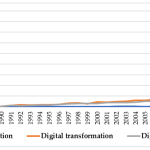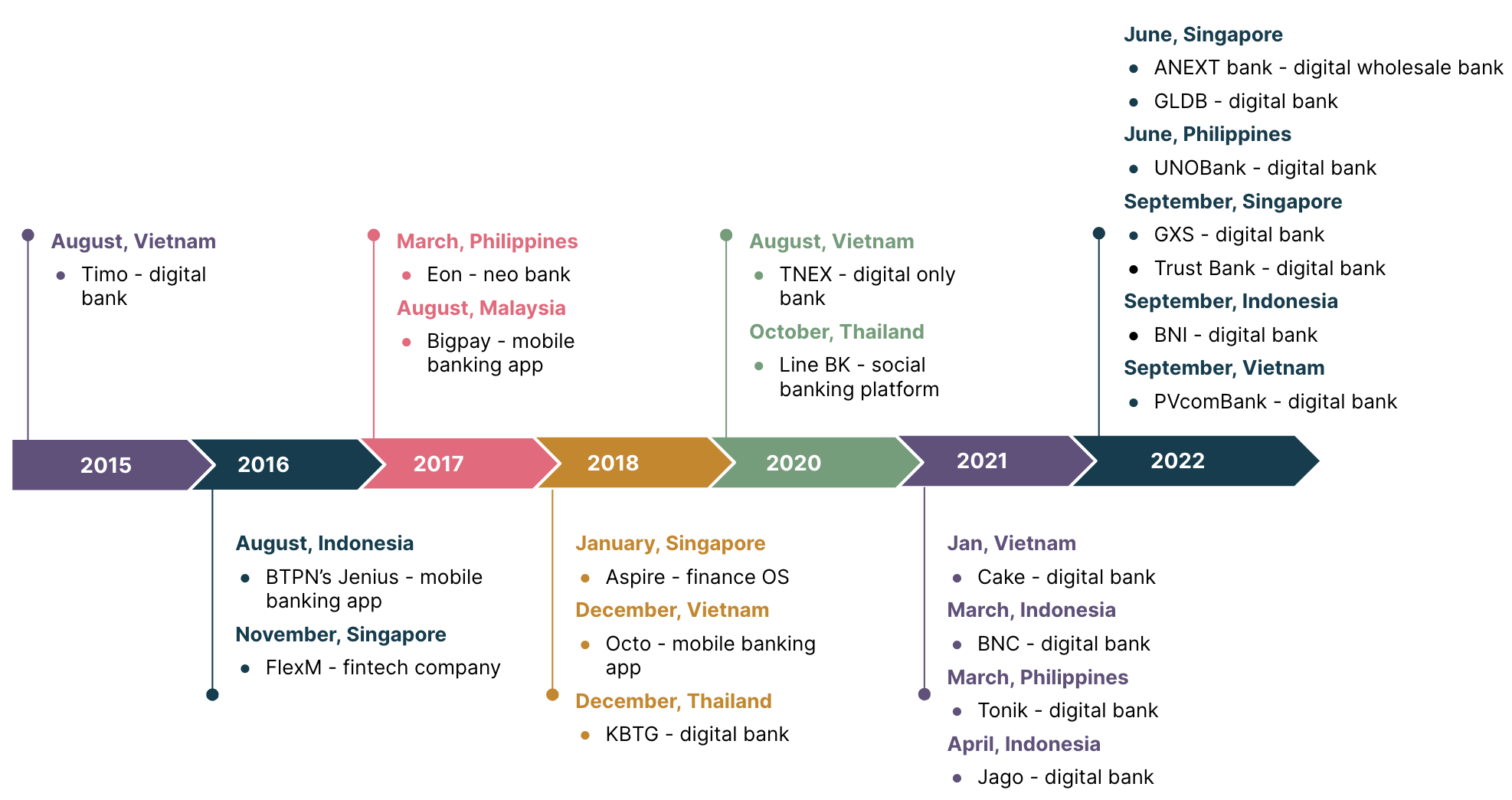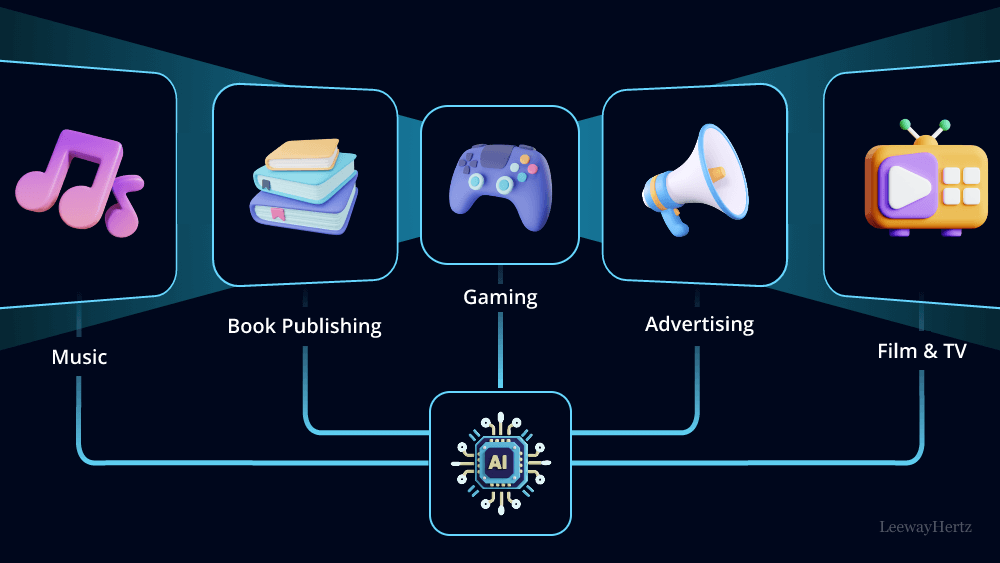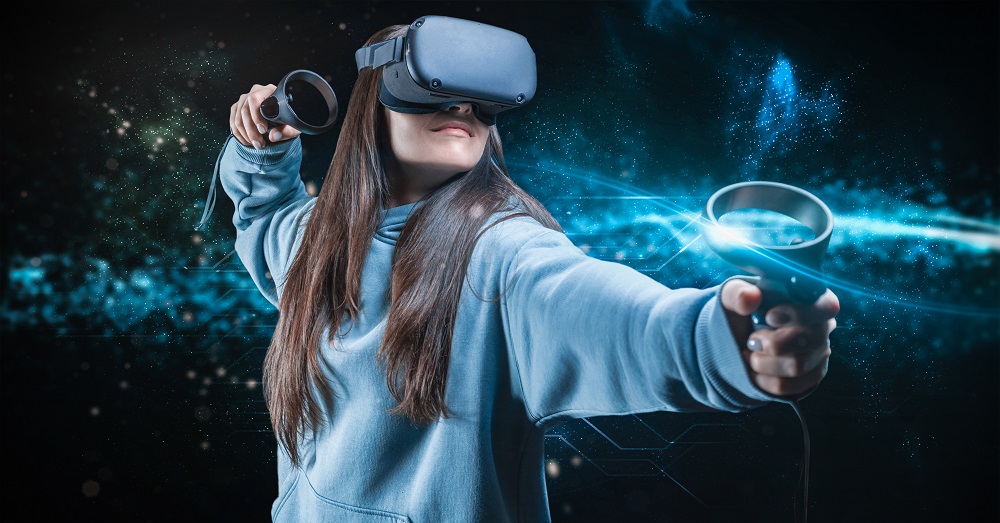Introduction
Blockchain technology is transforming the media and entertainment industry by introducing transparency, security, and efficiency to content creation, distribution, and monetization. From music and film to digital art and gaming, blockchain is redefining how creators, distributors, and consumers interact.
In 2025, media companies are leveraging blockchain to combat piracy, streamline payments, and enable direct transactions between creators and audiences. By providing a decentralized and immutable ledger, blockchain ensures fair compensation, copyright protection, and trust in digital media ecosystems.
Blockchain in Music and Content Licensing
The music industry has been one of the earliest adopters of blockchain technology. Smart contracts enable automatic royalty distribution to artists, producers, and rights holders, reducing delays and disputes over payments.
Blockchain also simplifies licensing and copyright management. Artists can register their works on secure platforms, track usage, and enforce rights globally. This transparency fosters trust between creators, labels, and consumers.
Film and Video Distribution
Blockchain is changing how films and video content are distributed. Decentralized platforms allow creators to reach audiences directly without intermediaries, reducing costs and increasing revenue share.
Smart contracts can manage licensing, viewership rights, and revenue allocation automatically. This ensures creators receive fair compensation while minimizing piracy and unauthorized content distribution.
Digital Art and NFTs
Non-fungible tokens (NFTs) are a prominent application of blockchain in digital art and entertainment. NFTs allow artists to sell unique digital works, music, or video content directly to collectors, with ownership and authenticity verified on the blockchain.
NFT marketplaces are expanding globally, providing new revenue streams for creators and enabling fans to invest in, trade, and support their favorite artists. This revolutionizes the concept of digital ownership and monetization.
Gaming and Virtual Economies
Blockchain is reshaping gaming by enabling secure virtual economies, tokenized assets, and play-to-earn models. Players can buy, sell, and trade in-game items using cryptocurrencies or blockchain tokens, ensuring transparency and preventing fraud.
Decentralized gaming platforms also allow developers to monetize content without relying on traditional app stores, creating more opportunities for independent creators. Blockchain-based gaming integrates digital ownership, real-world value, and immersive gameplay in ways previously impossible.
Advertising and Transparent Payments
Blockchain enhances advertising efficiency by providing transparent tracking of ad impressions, engagement, and payments. Advertisers can verify that campaigns are reaching real audiences, reducing fraud and ensuring accurate compensation for content creators.
Smart contracts automate payments based on performance metrics, eliminating delays and reducing reliance on intermediaries. This transparency strengthens trust between brands, media platforms, and audiences.
Content Security and Anti-Piracy
Piracy remains a major challenge in media and entertainment. Blockchain provides an immutable record of content ownership, making it easier to enforce rights and track unauthorized distribution.
Digital fingerprinting and watermarking on blockchain platforms help protect music, films, and digital art. This technology enables creators to detect infringement in real time and take appropriate action.
Fan Engagement and Direct Monetization
Blockchain empowers creators to engage directly with fans, offering exclusive content, virtual experiences, and collectibles. Fans can support creators through tokenized platforms, participate in voting or governance, and access unique experiences unavailable through traditional channels.
This direct connection fosters loyalty, increases revenue, and creates new creative opportunities for media professionals. Blockchain enables a more democratic and participatory entertainment ecosystem.
Challenges and Limitations
Despite its potential, blockchain adoption faces challenges. Energy consumption, scalability, regulatory uncertainty, and technical complexity can limit widespread implementation. Creators and companies must balance innovation with environmental and legal considerations.
User education is also critical. Audiences must understand how blockchain works, how to interact with tokens, and how to secure digital assets to fully benefit from this technology.
Future Outlook
The future of blockchain in media and entertainment is highly promising. Integration with AI, virtual reality, and 5G networks will enhance immersive experiences, enable secure transactions, and expand monetization opportunities.
Media companies that adopt blockchain strategically can reduce costs, increase transparency, and provide secure, engaging, and innovative experiences for audiences worldwide. The technology is positioned to reshape ownership, compensation, and interaction in the digital media ecosystem.
FAQs
How does blockchain benefit media creators?
Blockchain provides transparent royalty tracking, secure content ownership, and direct monetization opportunities for creators.
What are NFTs and how do they impact entertainment?
NFTs are digital assets verified on a blockchain, allowing artists and entertainers to sell unique content and prove ownership.
Can blockchain prevent piracy?
Yes. Blockchain offers immutable content records and digital fingerprinting to detect and reduce unauthorized distribution.
How is blockchain used in gaming?
Blockchain enables tokenized assets, secure virtual economies, and play-to-earn models, giving players real ownership of in-game items.
What are the challenges of adopting blockchain in media?
Challenges include energy consumption, regulatory uncertainty, technical complexity, and the need for user education.
Conclusion
Blockchain is revolutionizing media and entertainment by introducing transparency, security, and direct monetization opportunities. From music and film to gaming and digital art, the technology ensures fair compensation, reduces piracy, and empowers creators to connect directly with audiences.
As blockchain continues to integrate with AI, VR, and high-speed networks, the future of entertainment will be more immersive, participatory, and decentralized. The true potential of this technology lies in collaboration between innovation and human creativity, creating secure, engaging, and transformative experiences for global audiences.











